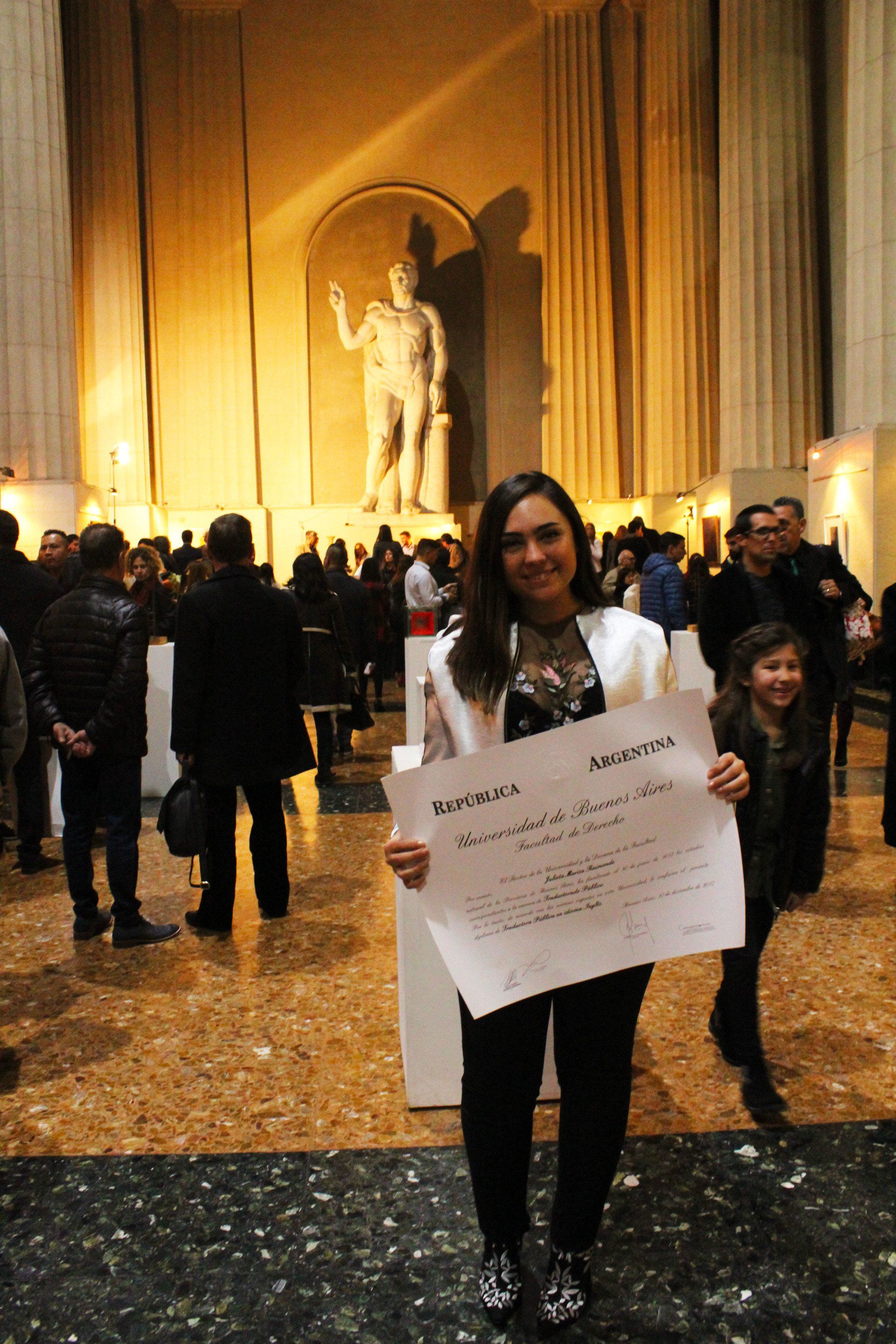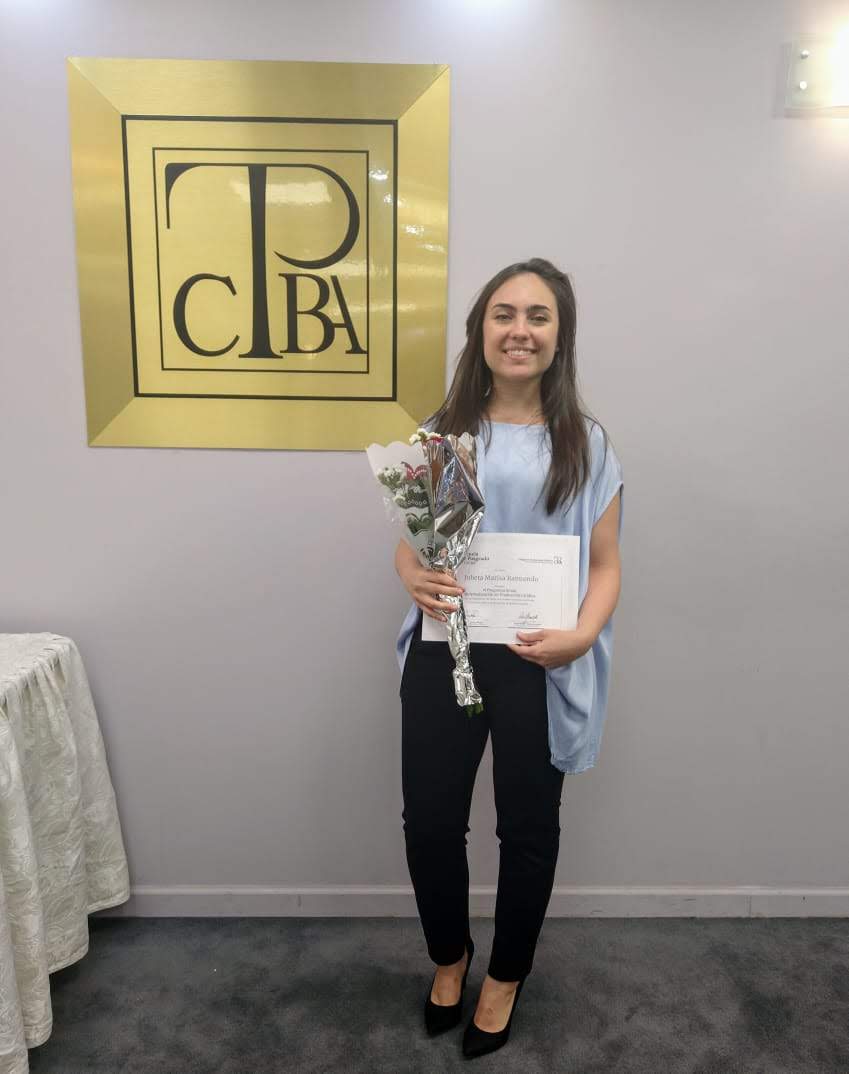Galería
¿Desea obtener más información?

por Julieta Raimondo
•
11 de octubre de 2020
Según el Atlas UNESCO de las lenguas del mundo en peligro, unos 3000 idiomas están hoy mismo en riesgo de desaparecer. En Argentina, la cifra es de 18 lenguas, con niveles de vitalidad que varían de “vulnerable” a “extinta”. A esto se le suma el alarmante hecho de que, según el medio RED/ACCIÓN , en Argentina ni siquiera se sabe cuántos idiomas hay. “Las lenguas son fundamentales para la identidad de los pueblos indígenas, la conservación de sus culturas, sus concepciones e ideas y para la expresión de la libre determinación”, nos alerta el Foro Permanente de las Naciones Unidas para Cuestiones Indígenas; y la Argentina lentamente va camino hacia el reconocimiento y la ampliación de derechos indígenas para la construcción de una sociedad intercultural. En este sentido, el Instituto Nacional de Asuntos Indígenas publicó una carta de derechos traducida a las cinco lenguas predominantes en Argentina: guaraní, mapuche, quechua, toba-qom y wichí. Sin embargo, como explica Álvaro García Linera, “en sociedades multiculturales, ningún Estado es neutro, ni ningún demos [ciudadanía universal] es el resultado de reglas procedimentales de la democracia liberal. Siempre es el resultado de imposiciones culturales, dominaciones y exclusiones étnicas”. La imposición cultural se instrumenta mediante la lengua. En sociedades multiculturales como la nuestra suele haber una lengua que goza de prestigio porque es aquella que se adopta para las cuestiones del Estado y se impone por sobre las demás, lo que trae como resultado que los hablantes de las lenguas no oficiales sufran discriminación. Existen vestigios de la dominación cultural en la lengua, que nos acompañan al día de hoy. Tal es el caso de la palabra guarango/a . En el siglo XIX este término era despectivo y se utilizaba para referirse a la persona que únicamente hablaba guaraní. Como describe Joan Rubin (1985) en su ensayo The special relation of Guaraní and Spanish in Paraguay , “la persona que solo controla el guaraní es llamada guarango, menos inteligente, menos desarrollada y carente de principios morales (…). Los hablantes monolingües de guaraní se llaman a sí mismos tavi , ‘estúpido’, porque no son capaces de hablar español”. Comenzar por autoreconocerse como descendientes de pueblos originarios se vuelve cada vez más necesario para combatir la discriminación y hacer efectivos los derechos indígenas que ya están reconocidos. En Argentina, casi un millón de personas se reconocen pertenecientes o descendientes de pueblos indígenas u originarios. El caso de la Comunidad Yahaveré Se trata de la primera comunidad indígena de la provincia de Corrientes que obtuvo su personería jurídica. Hernán Sotelo , Karaí de la Comunidad Yahaveré declaró: “las burlas de los demás al señalarnos como indios fue lo que nos llevó a que estemos orgullosos de serlo". Fue el autoreconocimiento como descendientes de guaraníes lo que consiguió no solo que les otorgaran la personería jurídica, sino que hizo que el año pasado recibieran las escrituras de sus propiedades en un caso inédito en el país. En esta brevísima entrada de mi blog me propuse contribuir a la cuestión del respeto a la identidad cultural desde una perspectiva lingüística y es mi deseo que celebremos cada 12 de octubre con conquistas materiales significativas para los pueblos originarios de nuestro país. Bibliografía García Linera, A. Democracia, estado, nación . Wolfson, N., & Manes, J. (1985). Language of inequality . Berlin: Mouton.

por Julieta
•
20 de agosto de 2020
I have a degree in legal translation from the University of Buenos Aires' School of Law and I am equipped with the latest technology and updated material to produce high-quality and accurate translations with the necessary human touch to reach the audience both intellectually and emotionally. You can be certain that your contracts will still be binding and enforceable in Spanish. What is more, if you are involved in delicate negotiations, I will be able to get the exact meaning across, taking into account both the culture and the profile of your client while keeping the tone of your message. As a professional translator, I cannot tell you how many times I have seen messages get lost in poor translation services that fail dismally to hit the mark. Do not let this happen to you! Here is some useful advice on how to choose the translator you need: Choose an expert in your field: as a professional yourself, you know very well that a high level of success goes hand in hand with a high level of specialization, which often means declining projects that do not match your area of expertise. That is exactly how you know you can trust a translator. Any reliable translator is well aware of what they can undertake and how they can best serve their clients. Under no circumstances will they accept a translation project for which they are not prepared. If that is the case, you may want to save their contact details in case you do need their services in the future and follow their social networking sites to keep in touch. Choose a translator with a purpose: you specialize in a given area because you enjoy contributing your time and effort to a cause you believe is right and has a profound impact on people’s lives. Why should the translation industry be different? Work with a translator aligned with your interests and goals, someone who chose to specialize in your field out of a genuine desire to help spread information to audiences that do not speak your language. You can rest assured that your trust will not be misplaced. Choose a translator that has relevant peer recognition: you know that partnering up with colleagues can sometimes be the ticket to success. Translators also collaborate with each other as experts in their own field to help their colleagues translate effectively. A translator cherished among the members of their community offers the best guarantee of reliability and collaborative work you can possibly expect. You know you can count on their invaluable contribution to your team and build up a long-term business relation with them. Do not work with a translator that translates for pennies: you charge your services with confidence because you know their value and trust that your clients will appreciate what you do for them. If a translator charges you pennies, they are not taking their job seriously. They do not consider their services have any value and what is more, they are trying to make a living by pricing their services below the minimum suggested by translators' associations and thus, seriously hurting the industry. Translators are worthy assets for your business and you should seriously consider choosing the right one for you so your time and money are not wasted down the drain. Thank you for reading! We can keep in touch through LinkedIn , where I often write about law and language in Spanish and English. You can also reach me at julieta@languageservicesba.com to work together. I safeguard your rights through legal translation services into Spanish.






